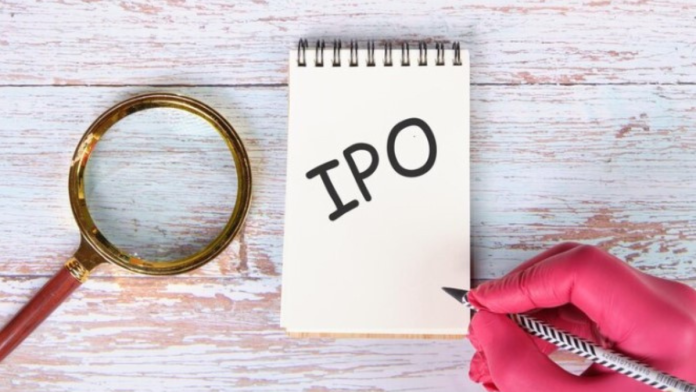Samvat 2080 has emerged as a blockbuster year for the Indian primary market, with 82 companies raising an impressive Rs 1.08 trillion so far. This figure is poised to increase, as several initial public offerings (IPOs) remain open for subscription before the year concludes.
Major IPO in Samvat 2080
Leading the charge was South Korean automaker Hyundai Motors, which made a remarkable entry into the Indian market with a Rs 27,000 crore IPO—the largest ever raised through this route.
Meanwhile, Bajaj Housing Finance Limited’s IPO garnered an overwhelming response, attracting Rs 3.2 trillion in bids for its Rs 6,560 crore offering. The IPO received nearly 9 million applications, shattering the previous record held by Tata Technologies, which also launched its IPO during the same Samvat year.
Also ReadPiramal Pharma shares jump over 4% after Q2 net profit jumps 3-fold; Should you Buy, Sell, Hold?
Other notable companies that went public this year include Bharti Hexacom, Indian Renewable Energy Development Agency (IREDA), Go Digit General Insurance, Brainbees Solutions (Firstcry), Ola Electric Mobility, Aadhar Housing Finance, and Premier Energies. Additionally, Vodafone Idea conducted a follow-on public offer (FPO) worth Rs 18,000 crore.
IPO Market Outlook for Samvat 2081
Looking forward to Samvat 2081, analysts remain optimistic about the Indian market’s prospects. They anticipate that more companies will seek to raise funds through the IPO route.
Expected upcoming public offerings include those from the National Stock Exchange (NSE), National Securities Depository (NSDL), Vishal Mega Mart, NTPC Green Energy, ONGC Green Energy, Satluj Jal Vidyut Nigam (SJVN), and Swiggy.
Also ReadHUL shares plunges over 4% after Q2 earnings disappoint – Here is what’s worrying investors
In addition, 28 companies have already received approval from the Securities and Exchange Board of India (SEBI) to raise approximately Rs 49,889 crore through public offerings. Meanwhile, nearly 63 companies are awaiting regulatory approval to raise around Rs 90,608 crore through IPOs, according to data from PRIME Database.
Factors Driving Market Performance
Market analysts attribute the robust performance of the primary markets to favorable conditions in the secondary market, ample liquidity, regulatory reforms, and increased transparency, all of which have spurred enthusiastic investor participation.
(Disclaimer: Views, recommendations, and opinions expressed are personal and do not reflect the official position or policy of Financial Express.com.
» Read More


